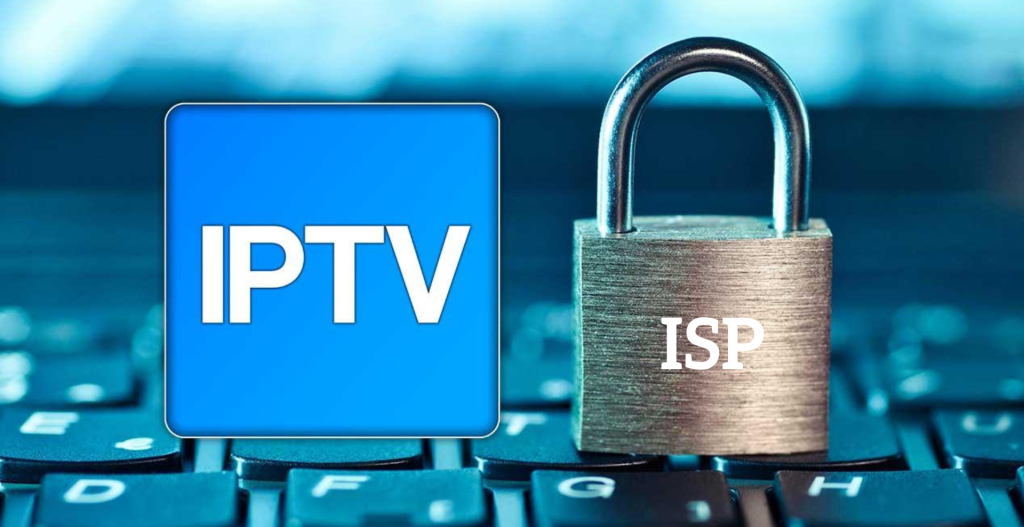ISP

Navigating the Web: Unveiling the Role of ISPs and Their Impact on IPTV
Introduction
Embark on a journey into the digital realm where Internet Service Providers (ISPs) play a pivotal role in shaping your online experience. In this comprehensive guide, we’ll explore the essentials of ISPs and delve into how their services can impact the quality of your Internet Protocol Television (IPTV) streaming. Understanding these dynamics is key to ensuring a seamless and enjoyable entertainment experience.
Understanding ISPs
What is an ISP?
An Internet Service Provider, or ISP, is the gateway connecting you to the vast world of the Internet. ISPs offer various services, including internet access, email, and web hosting. They act as intermediaries between your device and the web, facilitating the flow of data to and from your computer or smart device.

How ISPs Work
ISPs use a network infrastructure to transmit data between users and the internet. When you click a link or stream a video, your request travels through the ISP’s network to the destination server and back, allowing you to access and interact with online content.
ISP Impact on IPTV
Quality of Service
The quality of your ISP can significantly influence the IPTV streaming experience. A high-quality ISP ensures a stable and fast internet connection, contributing to smoother and buffer-free streaming. Conversely, a subpar ISP may result in buffering, pixelation, and a generally frustrating viewing experience.
Geographic Influence
ISPs play a crucial role in determining the geographic accessibility of IPTV content. Some ISPs may prioritize local or regional traffic, affecting the availability and speed of IPTV streams. Users should choose ISPs with a robust network infrastructure to optimize their IPTV experience.
Challenges for IPTV Users and Providers
Good Quality Service
Quality ISPs enhance the IPTV experience for users and providers alike. Users enjoy uninterrupted streaming, while providers can deliver high-quality content with minimal disruptions. Collaborating with reputable ISPs is essential for maintaining a positive streaming environment.
Bad Quality Service
Conversely, ISPs with suboptimal service can pose challenges for both users and IPTV providers. Users may encounter frequent buffering, poor video quality, and service outages. Providers face difficulties in delivering content reliably, potentially leading to dissatisfied customers.
ISP Blocking and Banning
In some cases, ISPs may actively block or ban IPTV-related content. This could be due to legal concerns, copyright issues, or the ISP’s policies regarding streaming services. Users and providers should be aware of these potential restrictions and choose ISPs that support Internet Protocol TV services.

Overcoming Challenges
Users and providers can overcome ISP-related challenges by choosing ISPs that prioritize a reliable and high-speed internet connection. Additionally, using Virtual Private Networks (VPNs) can help bypass geographic restrictions and mitigate the impact of ISP blocking on IPTV content.
Conclusion: Navigating the Digital Landscape with ISPs
In conclusion, understanding the role of ISPs is crucial for optimizing your IPTV streaming experience. Quality Internet Service Providers contribute to seamless streaming, while challenges with subpar services can hinder the enjoyment of IPTV content. By making informed choices and employing solutions like VPNs, users and providers can navigate the digital landscape with ISPs, ensuring a smooth and reliable IPTV experience for all.



0 Comments